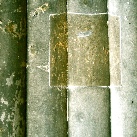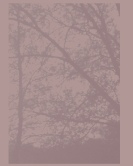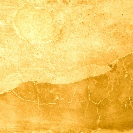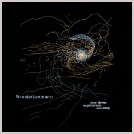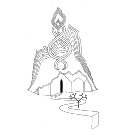Another Timbre TimHarrisonbre
WIRE review of 'Silence and After' series, March 2011 issue
Michael Pisaro's 'Fields Have Ears 4', realised on his new CD by a mixed ensemble of 14 players, was conceived as a very quiet piece, with sounding sections perceptible as “slight indentations” in the surrounding silence. All five of these releases from the Sheffield based label Another Timbre share a tendency towards low volume and sparse activity or spells of silence. None conforms to a reductivist orthodoxy, but taken as a series they coincide neatly with the 50th anniversary of John Cage's influential book Silence.
Practitioners of quiet music steer us precariously along a thin line between indifference and attention, and although muted dynamics were not of real concern to Cage, a dialectic between indifference and attention can be traced throughout his thinking. It's encapsulated in his well-known advice that “if something is boring after two minutes, try it for four. If still boring, then eight.... Eventually one discovers that it is not boring at all.” The key is to connect.
Four4, written near the end of Cage's life, extends across 74 minutes, allowing a quartet of percussionists to choose their instruments and sounds within specified time brackets. Simon Allen, Chris Burn, Lee Patterson and Mark Wastell respond imaginatively to the invitation. They get quite rowdy at times, but there are protracted silences too, gaps that will be filled by indeterminate acoustic events occurring to individual listeners.
Arena Ladridos comes from a very different place. Recorded in Texas, it features percussionist Chris Cogburn, soprano saxophonist Bhob Rainey and the discreet electronics of Bonnie Jones. Music emerges from a deconstruction of instrumental identity, a Cageian strategy of releasing instruments from conceptual pre-configuration and historical precedent, enabling them to become open sound sources. Who is playing what is rarely clear-cut in the course of these two secretive improvisations.
The trio Looper are cellist Nikos Veliotis, saxophonist Martin Küchen and percussionist Ingar Zach, but Dying Sun – co-released with the Cathnor label – is terse chugging, neurotic sizzling, dull pounding, metallic hollowness, blank, mechanical and anonymous. This is the silence of exhaustion, the Beckettian burn-out of expression, the poetry of having nothing to say and saying it. In a sense Pisaro's Fields Have Ears is no less impersonal. On the opening track in particular, chords hover in the air around Philip Thomas's piano, while birds call and a plane roars far overhead. The music has a cool meditative beauty, yet it is disengaged and luminously non-expressive.
Wunderkammern finds Lee Patterson's field recordings and “amplified devices” fermenting mysteriously along with Rhodri Davies's harp and electronics and David Toop's laptop, flute and steel guitar. There's magic in the secluded spaces of this music, each track an auditory cabinet of curiosities, enigmatic, introspective and strangely glowing. To me this appears the most yielding and potentially rewarding of the five CDs, but all convey the message that if quiet music runs the risk of indifference, it may also induce a finely tuned capacity for listening.
Julian Cowley
